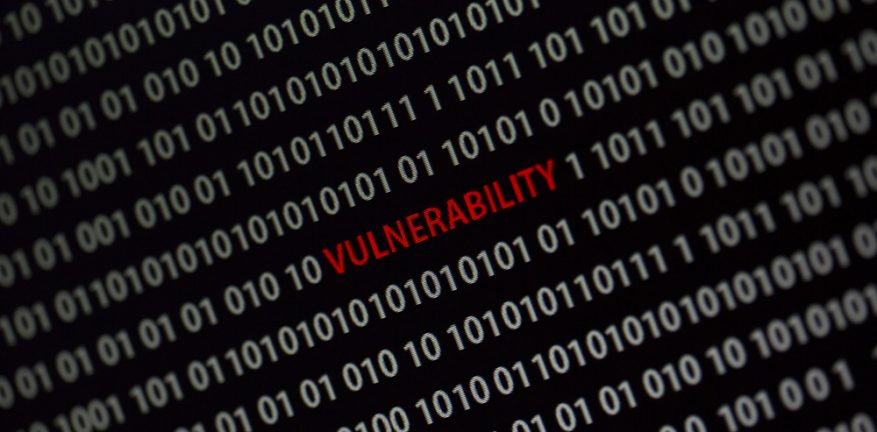Venafi has announced the findings of a global survey of1,000 CIOs, in which 82% of CIOs say their organizations are vulnerable to cyberattacks targeting software supply chains.
The study says that the shift to cloud native development, along with the increased speed in development brought about by the adoption of DevOps processes, has made the challenges connected with securing software supply chains infinitely more complex.
Meanwhile, adversaries, motivated by the success of high-profile software supply chain attacks on companies like SolarWinds and Kaseya, are stepping up attacks against software build and distribution environments.
Vast majority of CIOs believe engineers and developers compromise on security policies
The sharp increase in the number and sophistication of these attacks over the last 12 months has brought this issue into sharp focus, gaining the attention of CEOs and boards. As a result, CIOs are becoming increasingly concerned about the serious business disruptions, revenue loss, data theft and customer damage that can result from successful software supply chain attacks.
Key findings from the study:
- 87% of CIOs believe software engineers and developers compromise on security policies and controls in order to get new products and services to market faster.
- 85% of CIOs have been specifically instructed by the board or CEO to improve the security of software build and distribution environments.
- 84% say the budget dedicated to the security of software development environments has increased over the past year.
“Digital transformation has made every business a software developer—and as a result, engineers and the software development environments have become huge target for attackers,” said Kevin Bocek, vice president of threat intelligence and business development for Venafi. “Hackers now realize that successful supply chain attacks are extremely efficient and even more profitable.”
More than 90% of software applications use open source components, and the dependencies and vulnerabilities associated with open source software are extremely complex. CI/CD and DevOps pipelines are typically structured to enable developers to move quickly but not necessarily more securely. In the push to innovate faster, the complexity of open source and the speed of development limit the efficacy of software supply chain security controls.
CIOs realize they need to change their approach to overcome these challenges. As a result:
- 68% are implementing more security controls
- 57% are updating their review processes
- 56% are expanding their use of code signing, a key security control for software supply chains
- 47% are looking at the provenance of their open source libraries
“CIOs realize they need to improve software supply chain security but it’s extremely difficult to determine exactly where the risks are, which improvements provide the greatest increase in security, and how these changes reduce risk over time,” continued Bocek. “We can’t solve this problem using existing methodologies.
Instead, we need to think differently about the identity and integrity of the code we are building and using—and we need to protect and secure it at every step of the development process at machine speed.”

